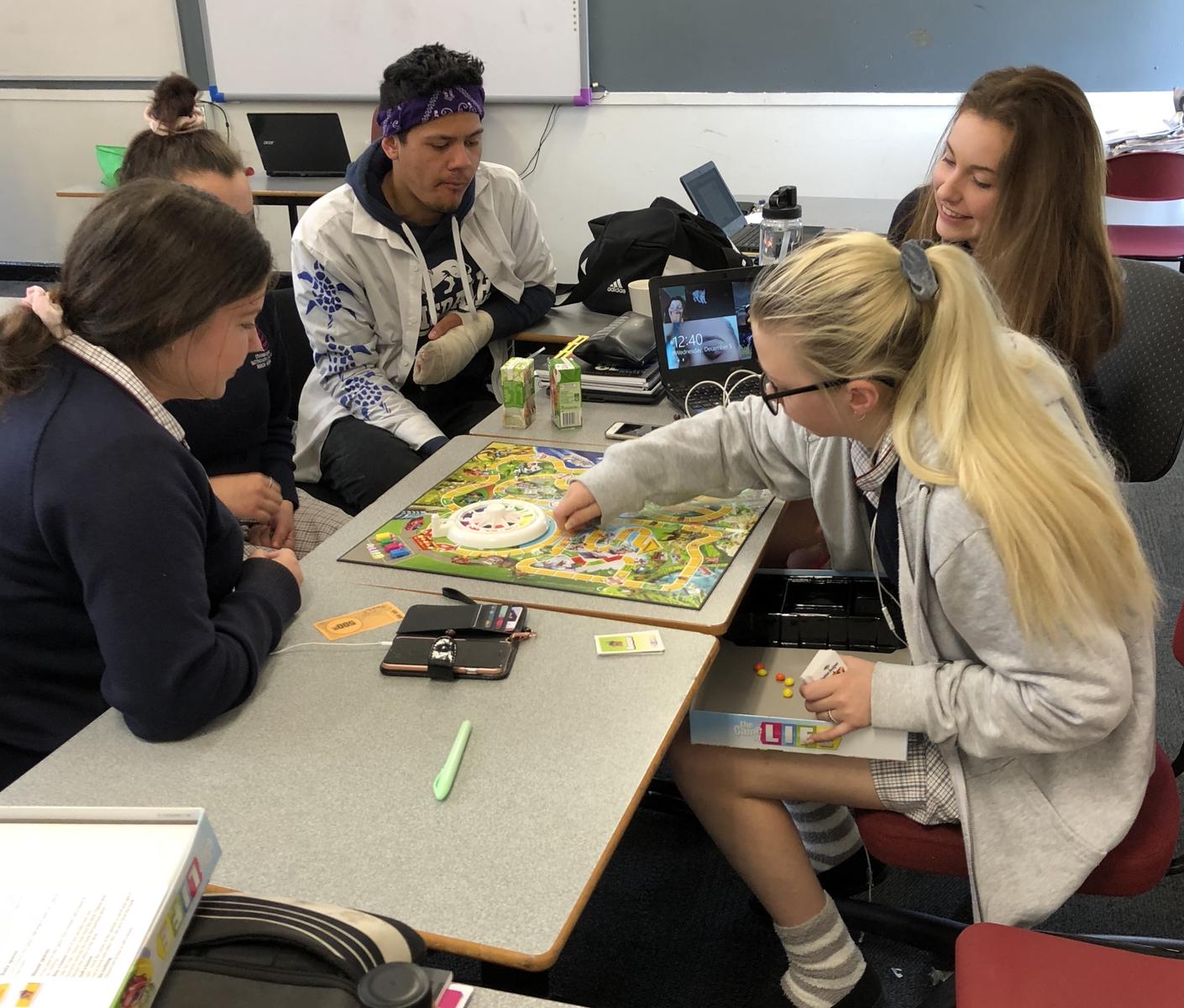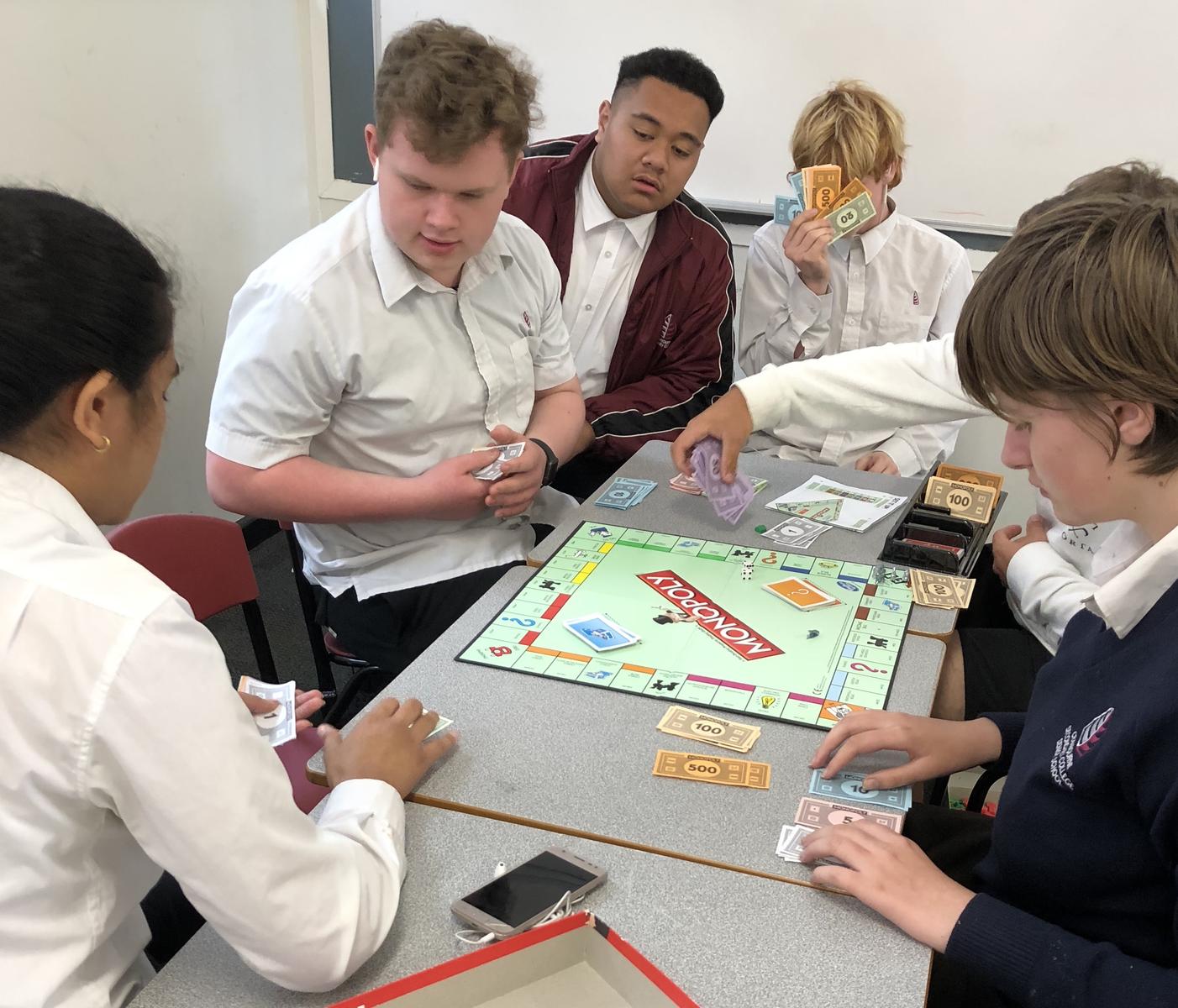
Careers News
All VCE Year 12 students will receive their results on 14th December, 2018.
Huge importance is placed on aiming for a high ATAR, but one set of results is just one moment in a myriad of life experiences. Whether you feel like your ATAR result was good or bad, evaluating your choices properly is crucial to making a good decision. Don’t give in to discouragement and anxiety at the prospect of certain doors being closed to you or change your pathway plan because you have achieved a better ATAR than you anticipated.
Put your results into context by understanding that it is a ranking, not a score, that is scaled up or down by VTAC and use it to plan your first post school step.
The Change of Preference period is a great opportunity for all students to reflect upon the opportunities that are available to them. You can re-order your course preference list, add or delete courses. Used wisely, this is the period of time where you can make changes and is essentially the most important period for you to be proactive and create opportunities by making appropriate course choices.
All tertiary institutions offer services to students and are available at specified times to answer student queries.
Sharon Bourne, our Careers Practitioner, is also available to support students to plan their VTAC preferences on the 14th, 17th, 18th and 19th December (change of preference for round 1 offers for domestic students closes at 12noon on the 19th December).
International students need to work very quickly on their preferences as change of preference closes for them on Saturday, 15th December (closes at 4.00pm) for December International Round Offers.
All dates are available at http://www.vtac.edu.au/dates.html
Sharon Bourne has been emailing students and will continue to provide updates as we approach the 14th December, 2018. Please continue to check your emails as we approach this time.
Students in Senior WRS VCAL spent the last period of their Headstart showing off their employability skills. Once we had reviewed what the employability skills are*, students were given the single instruction “Play a game.” The only restriction was that everybody had to participate. As a result, students needed to organise themselves into teams, negotiate which game they wanted to play, and sort out the rules. In one team, a couple of students had never played before, so the others had to teach their classmate. Overall, comments included things like “do you think we could...?” “Is this how I ...?” “Let me show you how to ...” There was a lot of ongoing negotiation as each team reviewed the rules and variations of playing the games. Students kept each other on task, and the mood was simultaneously cooperative and competitive.
Game playing in the classroom provides students with a genuine opportunity to demonstrate and practise the important skills that they will need to function effectively in the workplace. Everybody had fun and learned some things about the others in their class, and was able to reflect upon ways in which they can improve their own employability skills.
*A set of basic skills which are considered essential to:
Get and keep a job.
Build your career
Progress up the career ladder
Continue lifelong learning
• Teamwork
• Problem Solving
• Communication
• Learning
• Technological skills
• Planning and organising
• Self- awareness
• Initiative and enterprise skills


